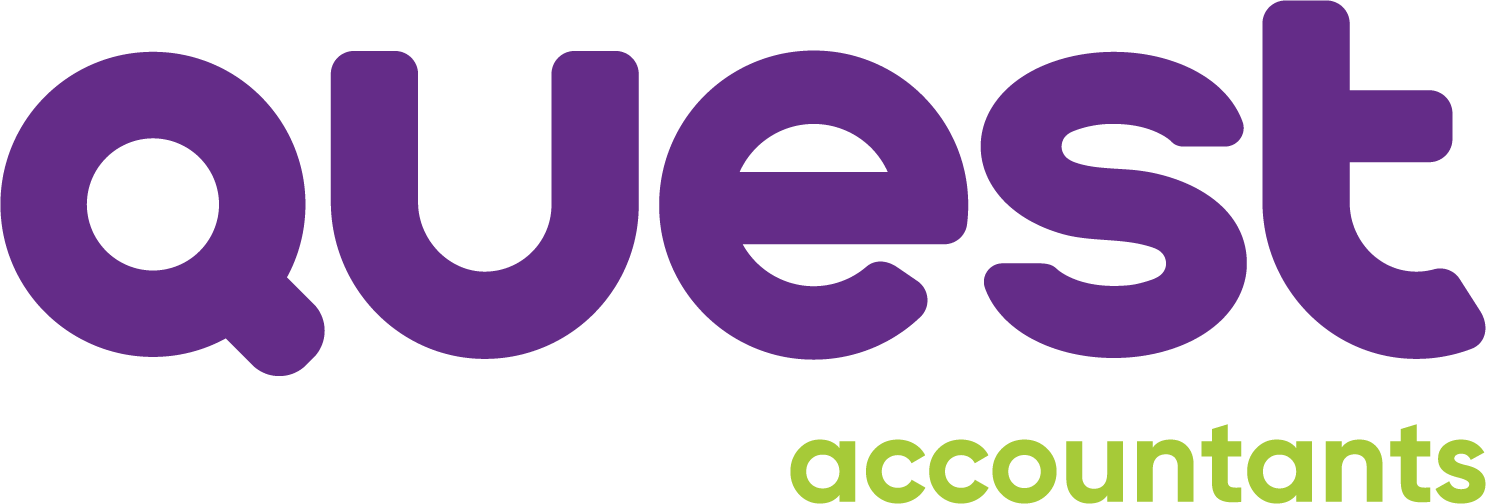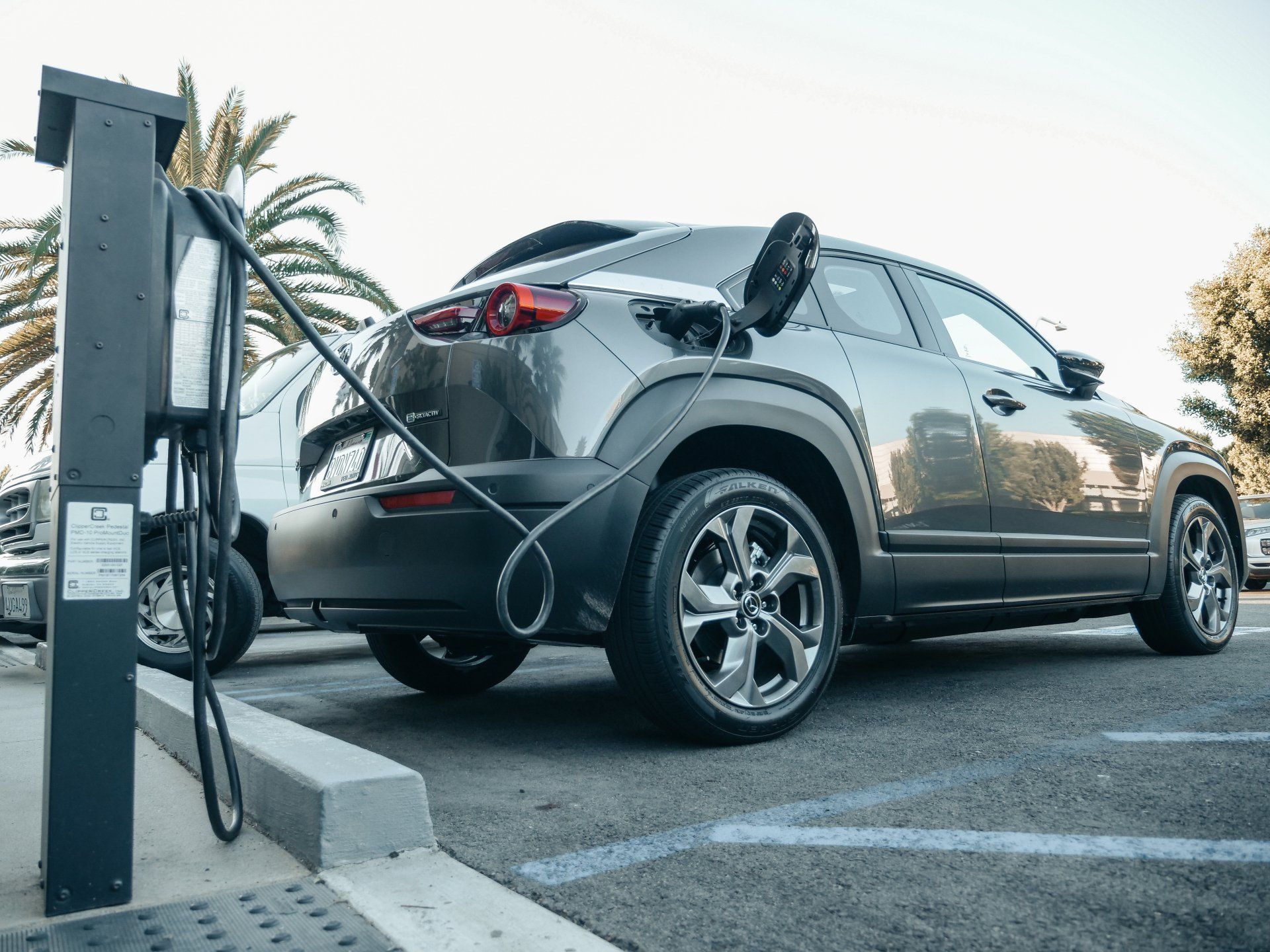Land Tax Assessments - Do You Know the Rules?
It's land tax time!
Land tax in Australia can be a complex landscape to navigate for accountants and property owners alike. With each state having their own land rules, understanding the intricacies of land tax is crucial to ensuring compliance and optimising financial strategies. In this blog, we'll explore key points related to land tax assessments in NSW.
Land Tax Assessments: Out Now
As we move into the new year, Revenue NSW is starting to issue land tax assessments for land held in NSW at December 2023. If you have not received your assessment already, please review your property portfolio to make sure it is correct. if you have any queries our concerns, please raise them promptly as there are time limits on objecting to land tax assessments.
Understanding Land Tax: A State Based Overview
Land tax is an annual obligation imposed on the unimproved value of land, and it's important to note that the rules governing land tax are state-based. This means that each state in Australia has its own set of regulations.
In NSW, the land value is determined by the Valuer General on 1 July each year.
If you own property in more than one state of Australia, you may need to register for land tax in multiple states.
Land Ownership and Liability: Don't Assume, Assess
A common misconception is that land tax only applies to investment properties. In reality, if you own any type of land in NSW that you do not reside on, you may be liable for land tax. This includes residential, commercial and vacant land. It's crucial to assess your ownership structure and seek professional advice to determine your specific liability.
Proactive Registration: Avoiding Unpleasant Surprises
One important aspect to highlight is that you need to register to be part of the land tax system; it does not happen automatically when you buy a property. If you have never received a land tax assessment, it does not necessarily mean you are exempt from land tax. It may simply mean that you have never registered and you are not aware that you should be paying land tax.
Failure to register for land tax could lead to interest and penalties being imposed if Revenue NSW becomes aware that you own a property that is liable for land tax.
How we can assist you
If you own a property that you do not live in, we can help you understand if you may be liable for land tax and assist you with registration. Please note, registering for land tax does not mean that you will automatically have to start paying land tax. Most individuals are allowed to own land up to a certain value before they mist start paying tax. But by registering for land tax, you will know exactly how much land tax you have to pay - even if it is zero.
Next Steps: Stay Informed and Take Action
- Review Your Property Portfolio: Take a moment to assess all land holdings, including residential, commercial and vacant land.
- Seek Professional Advice: If you have any concerns about your land tax liability or if you are unsure about the registration process, don't hesitate to reach out to us. We are here to help.
- Proactive Registration: If you haven't already registered for land tax, now is the time. this proactive step ensures you are on the radar for assessments and can address any potential issues promptly.
Should you have any questions or require assistance, please don't hesitate to contact us.




